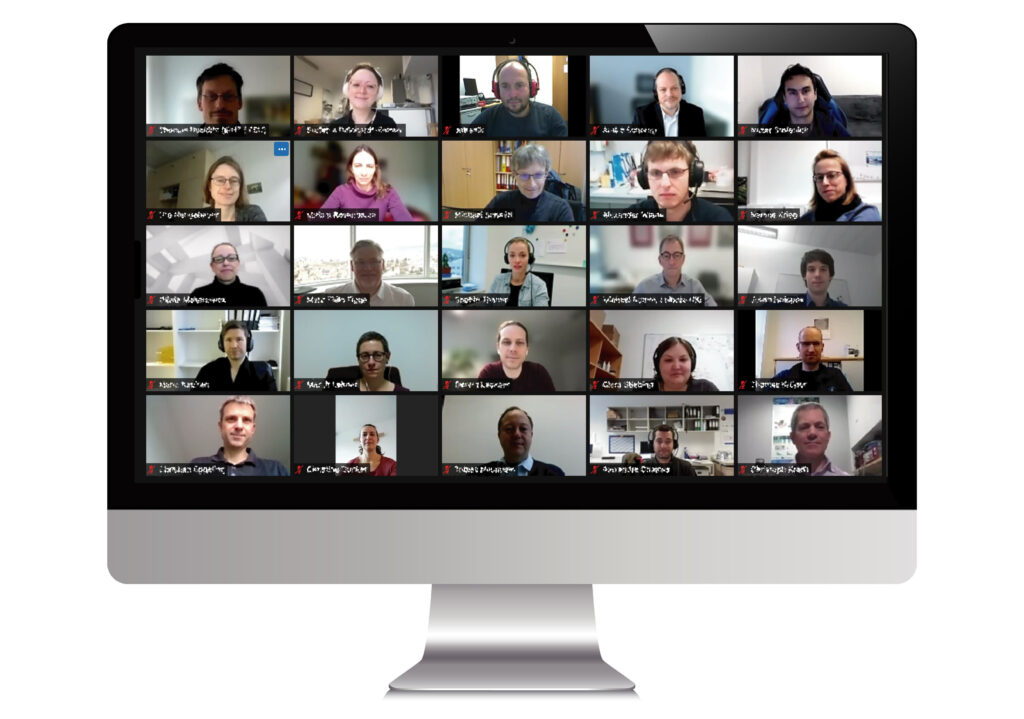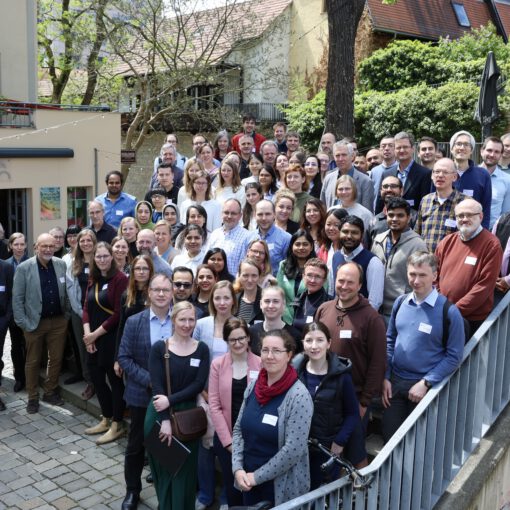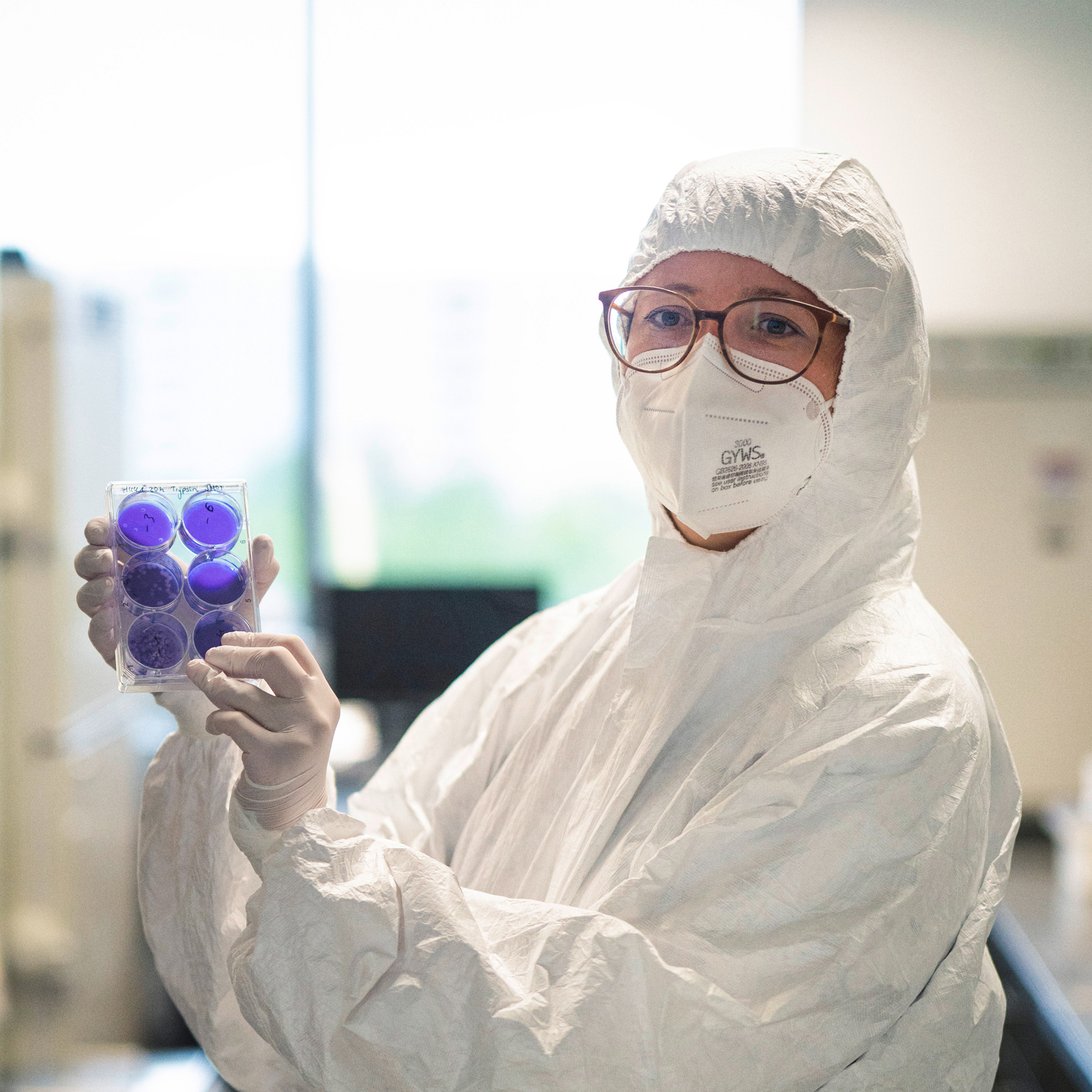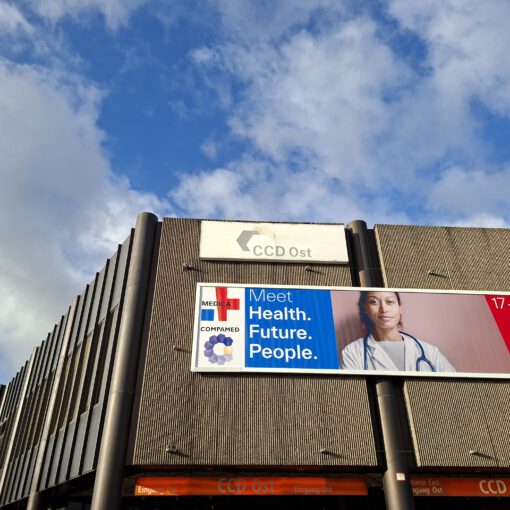The build up phase of the Leibniz Center for Photonics in Infection Research (LPI) is now starting with the implementation of novel technologies for the translation of revolutionizing diagnosis and therapy technologies for infectious diseases: More than 100 researchers as well as representatives of the Federal Ministry of Education and Research (BMBF) and the project management agency VDI Technologiezentrum met online to present their plans for the technological equipment of the LPI.
While the construction project for the LPI will start in 2024, more than 100 Jena scientists are already working on the basic technological equipment of the LPI. In a kick-off meeting, researchers from the four LPI member institutions shared their plans online for the five collaborative projects whose results will form LPI’s basic technological equipment in the future.

Technological infrastructure is being built up
As Professor Jürgen Popp, scientific director of Leibniz-IPHT and LPI spokesperson, summed up, at the end of LPI’s start-up phase, the projects will form “an infrastructure for light-based infection diagnostics and therapy.” With the start of the LPI’s operational phase, it will be available to users such as physicians, researchers and medical technology companies for the development of their own solutions up to market readiness.
The infrastructure of the LPI will emerge from the following basic technologies with a high degree of technological maturity, which are not yet commercially available in any form:
- multidimensional and multimodal imaging techniques,
- light-based technologies as well as molecular and biochemical assays for diagnosis directly at the bedside (“point-of-care technologies”),
- evaluation methods of photonic data using artificial intelligence,
- characterization and modeling of the host response to infections, and
- new therapeutic concepts, including those based on therapeutic microorganisms.
- multidimensional and multimodal imaging techniques,
- light-based technologies as well as molecular and biochemical assays for diagnosis directly at the bedside (“point-of-care technologies”),
- evaluation methods of photonic data using artificial intelligence,
- characterization and modeling of the host response to infections, and
- new therapeutic concepts, including those based on therapeutic microorganisms.
The set-up phase of the LPI: basic technological equipment, management and construction
In addition to the above-mentioned basic technological equipment, the management and supporting functions such as professional quality management will be established during the construction phase, which will last several years. In addition, a modern building equipped with a new type of infrastructure will be built in a few years on the grounds of the Jena University Hospital.
The Leibniz Center for Photonics in Infection Research Jena
The LPI is a project funded by the German Federal Ministry of Education and Research with 124 million euros as part of the National Roadmap for Research Infrastructures. Its mission is to advance and accelerate the development of market-ready photonic solutions for the diagnosis and therapy of infectious diseases for the benefit of patients and physicians. The center is currently in the start-up phase. From 2027, LPI will be open to medical technology manufacturers, scientists and physicians as a one-stop agency for the entire process from idea to market maturity. The location at the science and business site Jena holds enormous potential for the LPI. LPI’s supporting institutions are the Leibniz Institute for Photonic Technologies (Leibniz-IPHT), the Leibniz Institute for Natural Products and Infection Biology – Hans Knöll Institute (Leibniz-HKI), Friedrich Schiller University and Jena University Hospital. More than 100 scientists from these core partners are currently working on five collaborative projects, which will form the basic equipment of the LPI at the start of its operational phase.




